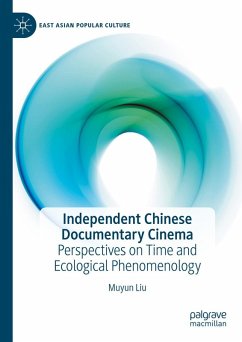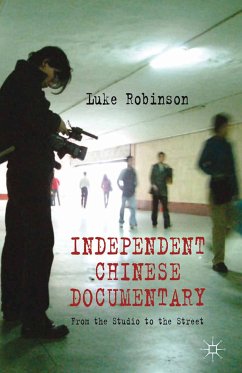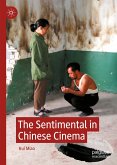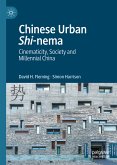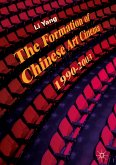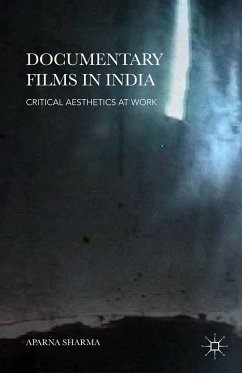-Professor Jeanette Hoorn, The University of Melbourne, Australia
"Liu's book is significant not only for its focus on work little known to English-speaking audiences, or even for its expansion of documentary aesthetics, but for its conceptual depth. From xianchang to moving image as accelerated hyperreal ruin and the tensions of existential freedom and difference, Liu makes a profound contribution to global ecomedia studies."
-Professor Seán Cubitt, University of Melbourne, Australia
This book explores the history of, and approaches to, documentary production within China from the Land Reform to the present day. It examines the institutionalisation of socialist realism during the PRC's revolutionary era; considers the emergence of the fluid xianchang aesthetics and the creation of contingent subjectivities in relation to physicist Carlo Rovelli's loop quantum gravity theory; explores two factory films through the angle of temporality; argues that time in the post-X era is multi-layered and can be experimented through a cinematic ruin aesthetics; and theorises ecological temporality in relation to Jean-Paul Sartre's ontology on being as freedom and Caroline Godart's analysis of difference.
Muyun Liu, PhD, is admitted to the Supreme Court of Victoria, Australia. She is a lawyer based in Melbourne, and received her PhD from the University of Melbourne in 2018.
Dieser Download kann aus rechtlichen Gründen nur mit Rechnungsadresse in A, B, BG, CY, CZ, D, DK, EW, E, FIN, F, GR, HR, H, IRL, I, LT, L, LR, M, NL, PL, P, R, S, SLO, SK ausgeliefert werden.

